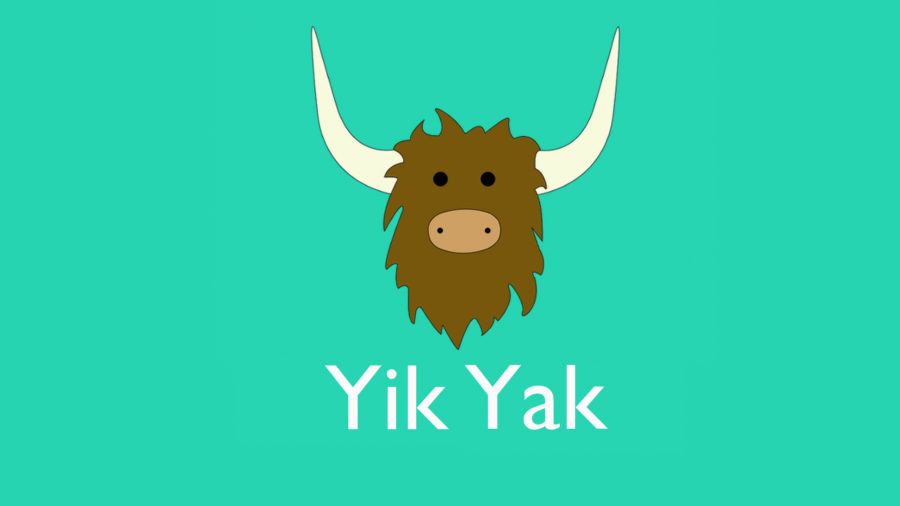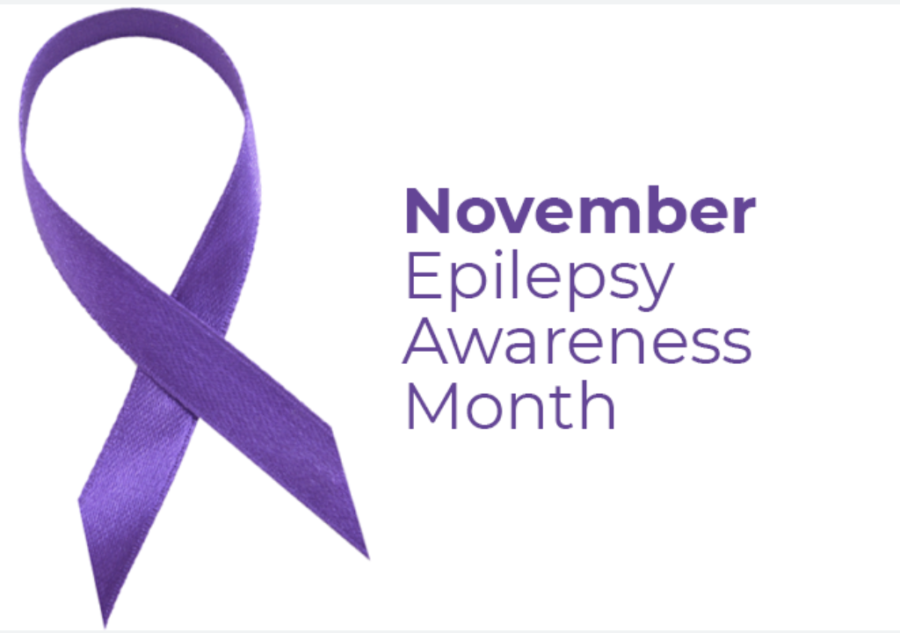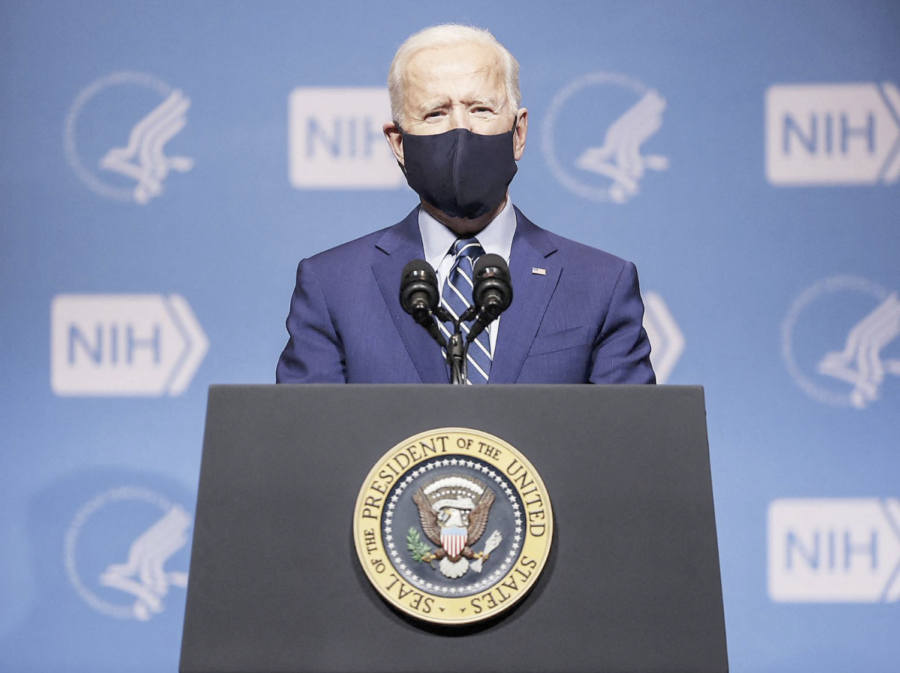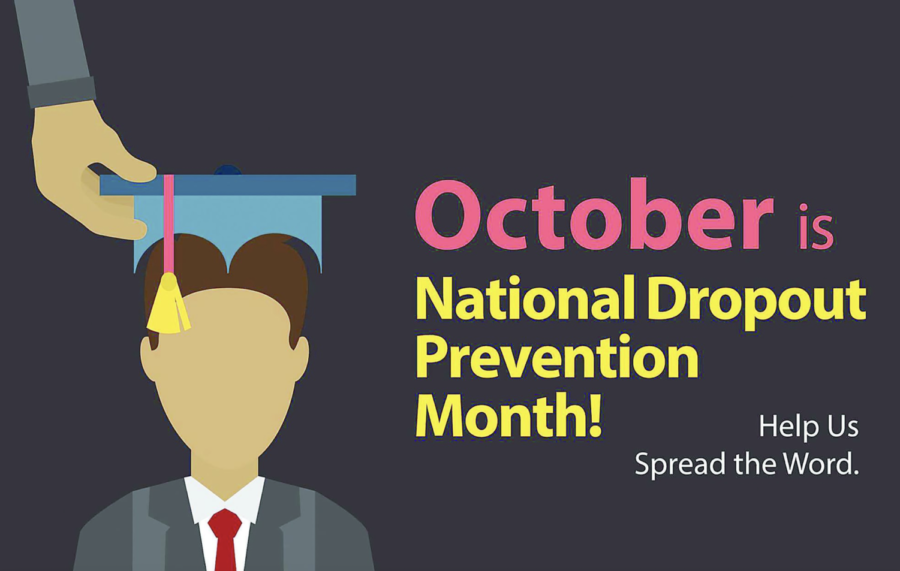In an Oct. 20 letter to the U.S. Department of Education Office for Civil Rights, a coalition of advocacy groups demanded that college administrators more vigilantly monitor and regulate Yik Yak, a free social media app popular among college students.
The move ignited backlash from many who believe censorship is inherently wrong.
“I think monitoring of communication on social media sites is acceptable,” said senior communication studies major Edward Miller. “But any hindering of a person’s ability to communicate should not happen because the U.S. Constitution is supposed to protect our right to speak.”
Yik Yak allows smartphone users to post, view and comment on anonymous messages within a 1.5-mile radius. The anonymity allows free expression and little hindrance of thought. However, that same freedom often breeds hateful comments indulging in sexist and racist views, as well as actual threats of mass violence.
So far, these threats have appeared on more than a dozen college campuses, including The University of Southern Mississippi last October when 20-year-old Velton Williams was arrested for indicating a “USM Purge” would occur and last September when 20-year-old Brandon Harden was arrested for threatening students in Joseph Greene Hall, according to past Student Printz articles.
In both cases, the cooperation of Yik Yak allowed university police to pinpoint the guilty parties.
Nevertheless, co-founders Tyler Droll and Brooks Buffington believe it is a misconception to think that their app is dominated by cyber-bullying. They have taken several steps to fight against it, including better filters and more detailed reports of potential abuse. Furthermore, the app can now detect potential threats and will send pop-up warnings to users before they post.
In March 2014, Elizabeth Long, a high school student in Atlanta’s Woodward Academy who had recently attempted suicide, was distraught to read Yaks that encouraged her depression. With the help of her parents, she set up a campaign on Change.org, petitioning to shut Yik Yak down.
“The app has turned into a haven for bullying, threats and hate speech, mostly focused on kids in middle school and high school. I know this because it happened to me,” Long wrote in the petition, which quickly acquired upward of 78,000 signatures.
Eventually, Droll and Buffington requested to meet her. Long and her father met with the co-founders in Yik Yak’s Atlanta headquarters, where they talked about security measures and came away impressed.
“Before I met Tyler and Brooks, my assumption was that Yik Yak was an experiment by two kids who didn’t realize how their app was being misused to bully,” Long’s father said in a statement to Business Insider. “After our meeting, I came away convinced that they are earnest in their desire to prevent misuse of the app and are bothered by the harm it has caused some. I was not aware, nor do I think most people are aware at the proactive steps they have taken to prevent abuse.”
Yik Yak’s instantaneous quality has also allowed it to be a useful alert system on some campuses. For instance, students last fall learned about an active shooter on Florida State’s campus through Yik Yak well before they received an email from the university.
Whether Yik Yak’s benefits outweigh its less redeeming qualities, however, remains to be seen.




































